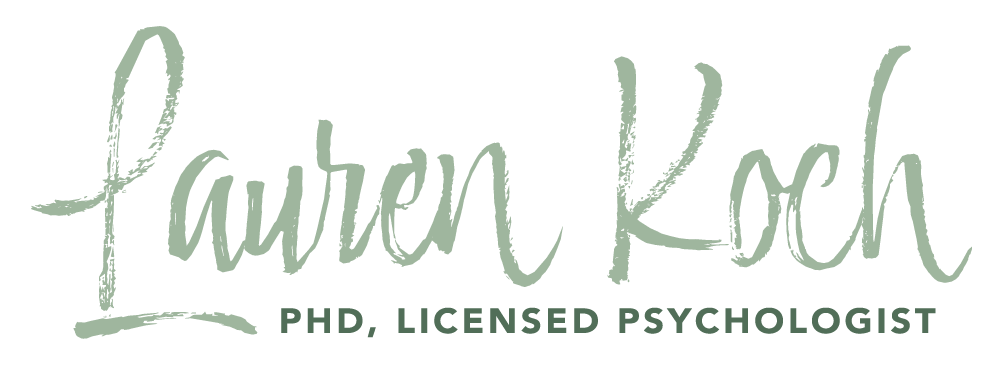FAQs About Trauma Therapy Spokane
You’ve decided to seek out trauma therapy in Spokane, but you aren’t sure what to expect. Frankly, it’s a little scary and you’ve got questions.
FAQs about trauma therapy in Spokane, Washington
It takes courage to acknowledge you need support and to seek out trauma therapy. The idea of seeing a trauma therapist might feel overwhelming and you may not know what to expect. As a trauma therapist in Spokane, here are some of the questions I get asked:
What is trauma therapy?
Broadly, trauma therapy means specialized treatment aimed at helping you process your traumatic experiences and reducing the impact of trauma-related symptoms on your life. Many people are unable to process or make sense of the trauma in its immediate aftermath, either because it’s not safe to do so or it feels too overwhelming. Trauma therapy helps you make sense of what happened in a safe and supportive environment. There are several effective trauma treatments, including Prolonged Exposure Therapy (PE), Cognitive Processing Therapy (CPT), Eye Movement Desensitization and Reprocessing (EMDR), and Cognitive Behavioral Therapies (CBT).
How long will trauma therapy take?
It really depends on a number of factors, including the complexity of the trauma and your individual needs. Some people experience a significant reduction in their symptoms after a few months of weekly trauma therapy. Others longer-term therapy to be beneficial.
How do I know if I need trauma therapy?
If your symptoms are interfering with your ability to fully and meanginfully engage in your life, that’s a good sign you might benefit from therapy. If you have experienced trauma (including sexual assault, combat trauma, abuse, serious accidents, natural disasters, etc.), you might find yourself unable to stop thinking about the trauma, having nightmares, or feeling like you are reliving the trauma all over again. Other symptoms might include avoiding trauma reminders, noticing negative changes in your mood or thoughts, and feeling super-alert. These are all indicators that trauma therapy might be beneficial for you.
Will I have to talk about my traumatic experiences in therapy?
In general, you will likely end up talking about your traumatic experiences in trauma therapy. However, these conversations can and should be at your own pace, and the amount of detail required will vary across therapy type. For example, CPT offers some treatment versions that don’t require you to share the details of your trauma, while still helping you examine and change trauma-related thoughts. PE involves talking about your trauma in greater detail to help reduce the anxiety you feel when trauma memories or reminders come up.
My trauma history is complex - can therapy still be effective?
Many people have experienced multiple traumas across their lives, sometimes beginning in early childhood. Trauma therapy can be effective even for complex trauma and there are trauma therapists specifically work with people who have these histories.
Dr. Lauren Koch, Licensed Psychologist Providing Trauma Therapy in Spokane, WA
A free consultation with a trauma therapist in Spokane
I hope this helps you feel more at ease as you look for trauma therapy in Spokane, WA. If you are looking for support, contact me for a free 15-minute consultation.
Looking for a particular therapy specialty? I specialize in trauma and PTSD, combat PTSD, and high achievers with anxiety.


